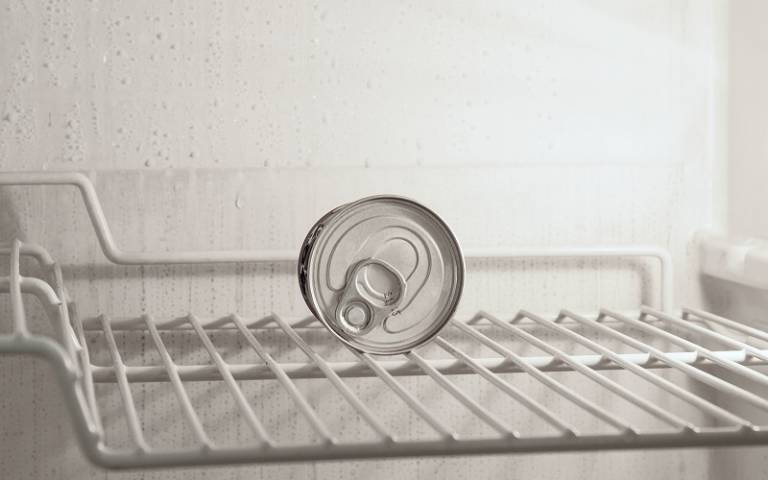New book explores families’ experiences of food poverty
1 June 2021
A new book examining how food poverty impacts families in the global north has been published today.

‘Families and Food in Hard Times: European comparative research’ by UCL Institute of Education (IOE) researchers Dr Rebecca O'Connell and Professor Julia Brannen looks at food poverty in the aftermath of the 2008 financial crisis in the UK, Portugal and Norway.
Based on a comparative approach and using a mix of quantitative and qualitative data, the research was carried out with low-income families with children aged 11-15. The book explores the experiences of different types of families, focusing on those headed by unemployed lone mothers, dual earner households, undocumented migrant families and families who have experienced long term and more recent low income.
In conducting the research, the authors found that low-income lone parents were more likely to experience food poverty than those families headed by couples. This gap was significantly wider in the UK than Portugal and Norway. The researchers also found that almost all low-income families in all three countries were spending less on food than is customary for the average family of a similar type and size.
The research also highlighted that mothers were almost always the ‘food managers’ and fed their families on highly constrained budgets. Some went to food banks, but most shopped around in different supermarkets and locations in search of bargains. Mothers everywhere sought to protect their children from the worst direct effects of food poverty by cutting back on their own food intake and were often reluctant to admit their children were going without adequate food. However, children suffered direct and indirect effects of poverty, worrying about their parents and missing out on social activities with their peers.
‘Families and Food in Hard Times’ situates these experiences in relation to the resources available (or not) in both the local contexts of shops, schools and services and the national contexts of public policies. In particular, it examines the ways in which low income impacts household food provisioning, the types of formal and informal support on which families draw to get by, the provision and significance of school meals in children’s lives, and the constraints upon parents’ and children’s social participation involving food. The book draws widely on the European social science literature on food and families to explore the causes and consequences of food poverty in austerity Europe.
Co-author Dr Rebecca O’Connell said: “The unequal distribution of entitlement and access to food is increasingly a feature of wealthy western societies. We found that even with adults cutting back on their own food intake, children in about one quarter of the families in the study in each country mentioned going without enough to eat at times. And a majority reported fruit or vegetable consumption below the national average. However, in Portugal, free and subsidised school meals seemed to have a protective effect”.
Co-author Professor Julia Brannen added: “The children mentioned difficulties in concentrating at school, being excluded from social activities and feeling different from their peers. Particularly in the highly unequal and consumerised UK, children mentioned being embarrassed by poverty and frustrated about the injustices of social inequality.”
Based on the book, the authors make the following recommendations:
- National laws should include and enforce the right to food.
- Governments should ensure wages and benefits enable families to afford diets that meet their needs for both health and social participation, for example by using budget standards research.
- Healthy school meals should be a universal resource like education and provided free for all children in compulsory schooling.
Families and Food in Hard Times: European comparative research was published by UCL Press on 24 May 2021. A book launch event will take place from 1-2pm, Wednesday 9 June.
Links
- Families and Food in Hard Times: European comparative research
- Read the policy briefing: Families and Food in Hard Times
- View Professor Julia Brannen’s research profile
- View Dr Rebecca O'Connell’s research profile
- Thomas Coram Research Unit
- Social Research Institute
 Close
Close

